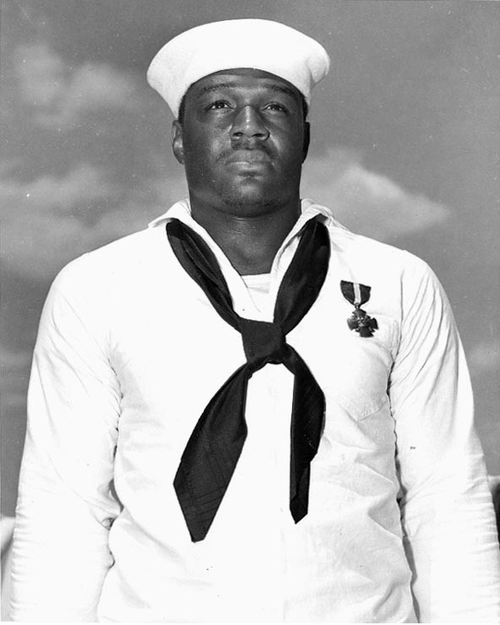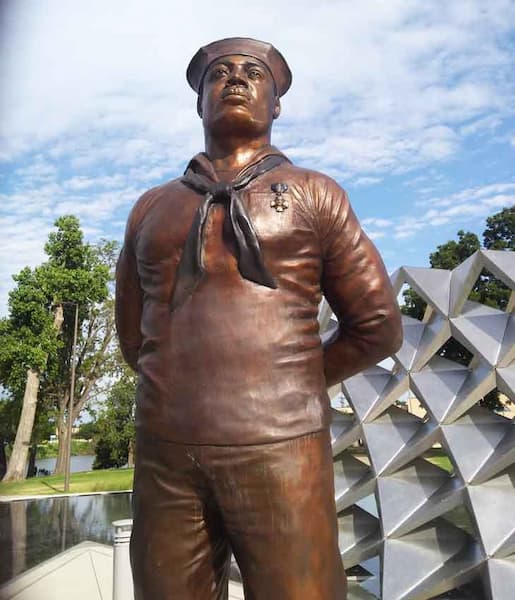Saintman2884
Hall-of-Famer
- Joined
- Dec 17, 2003
- Messages
- 17,443
- Reaction score
- 5,104
Offline
Actually, for most American historians and/or WWII historians, its sort of common knowledge that most senior-level American military intelligence heads and operatives knew a large, wide-scale theater wide attack was likely, if not highly probable. But they were divided about just where it would happen first and where would our forces stationed in the Pacific would be hit the hardest. The War Department drew up a controversial war plan in the 1930's called Orange that eerily sort of imagined what any Japanese air and naval attack would resemble, how large and concentrated it would be, specific . economic and or military factors might force or drive the Japanese military machine into a sneak attack on targets in places like Guam, Phillipines, and yes even, our huge large naval base at Pearl Harbor. The war plan sort of predicts the scale, unprececented scope, the severity of damage likely wed suffer to heavy cruisers, docking destroyers, planes, oil drums and tankers, airfields, even attacking Honolulu.Depending on the load out of the carriers, a couple of torps would have sunk one, but in a shallow harbor, you want to do more than sink them, you have to destroy their capabilities as an aircraft carrier. They wouldn't have to worry about any of the aircraft still on the carriers because they can't take off, but a lot of them would have flown in ahead of the carriers and there probably would have been a lot more air to air defense available, maybe. Battleships have thick hulls, so dive bombers there work best but you need them on the carriers as well to damage the flight deck. The reason the Arizona went up like it did was because of the magazine exploding. Yes, they probably would have continued to hit Pearl if the carriers were there, until nothing was left standing or floating. You could say that the threat of the carriers and not knowing their whereabouts was greater than any advantage of trying another wave of attacks.
Conspiracy theorists will say that the White House knew something was going to happen and that was why the carriers were conspicuously absent at just the right time. The White House needed American outrage in order to enter the war. If we waited too long and the British fell, we would have been up against Germany and Japan all by ourselves.



